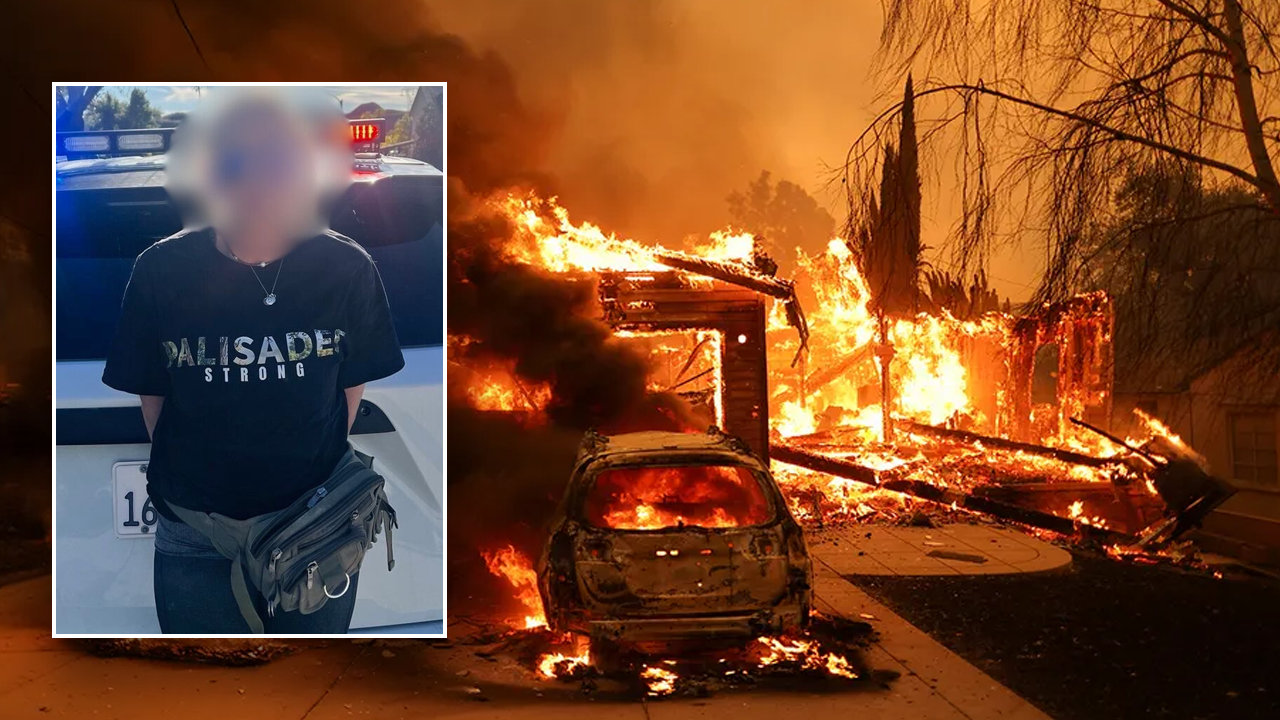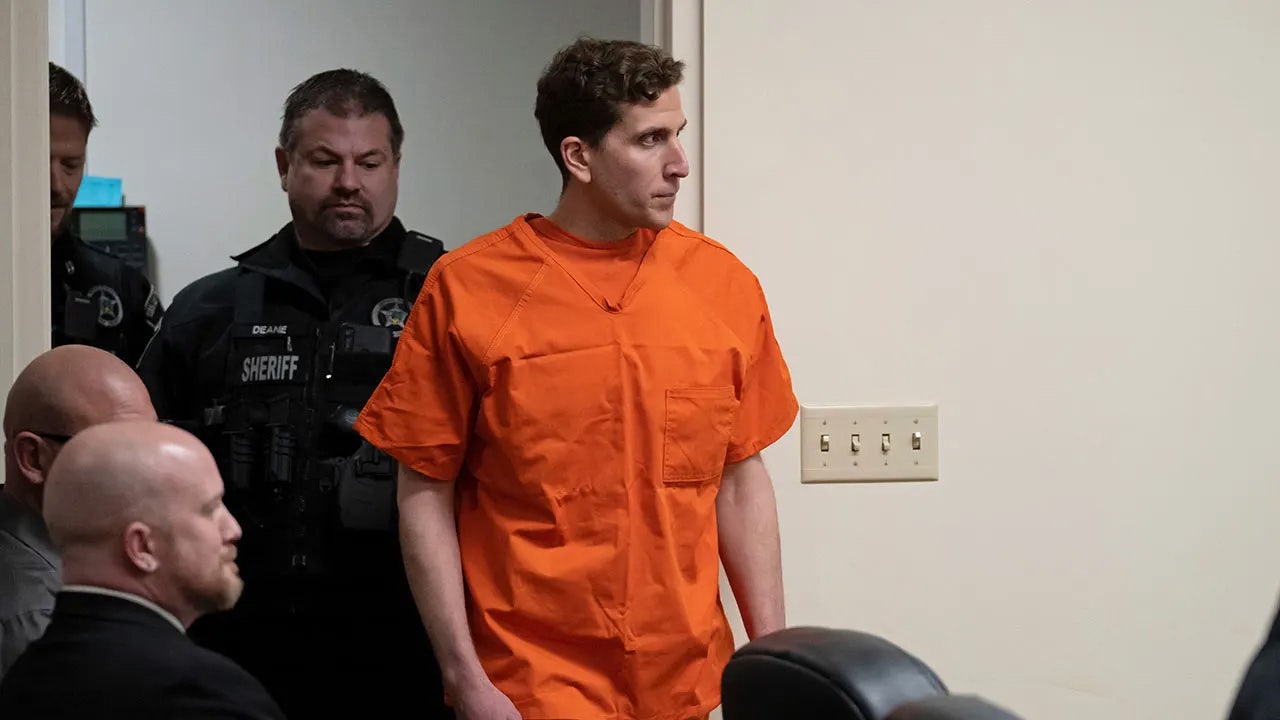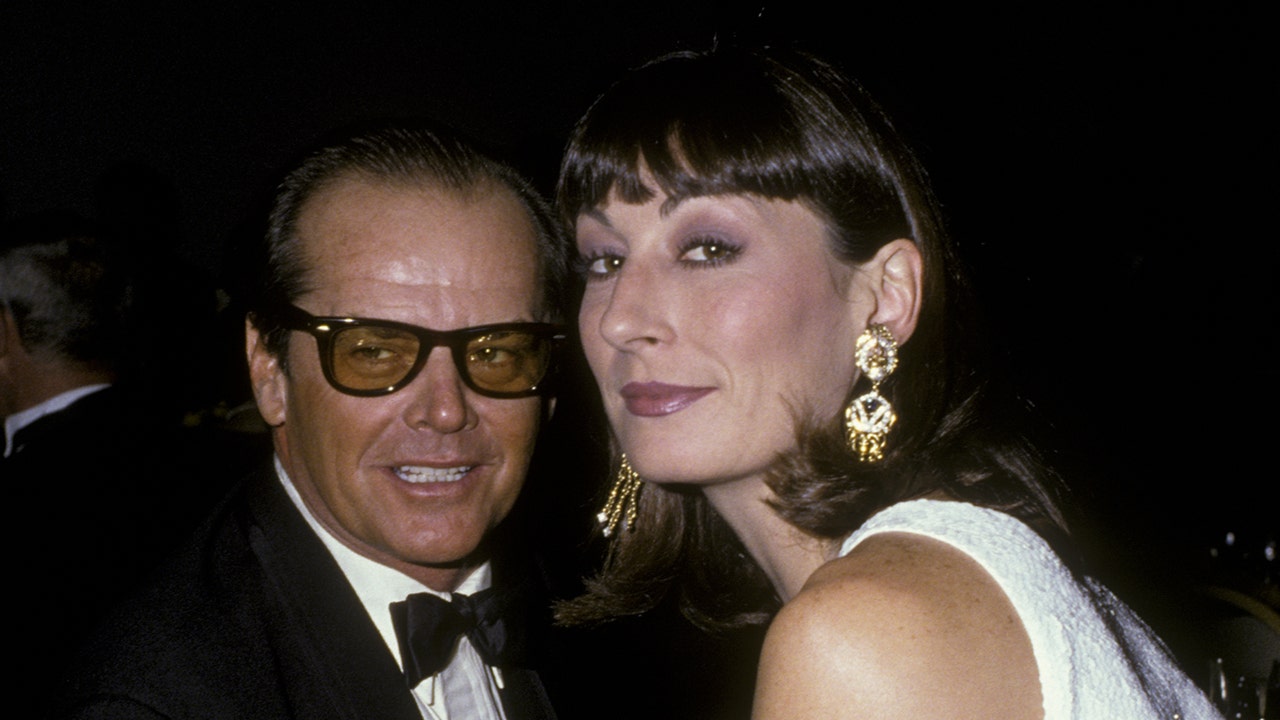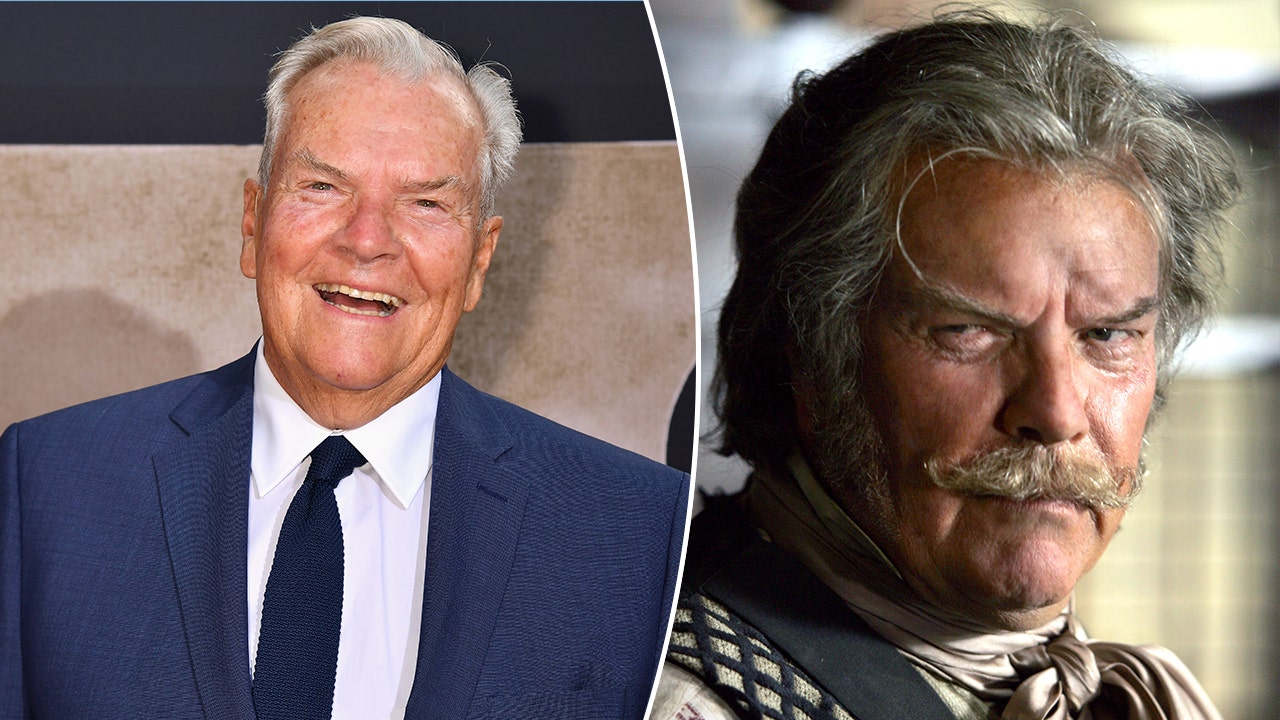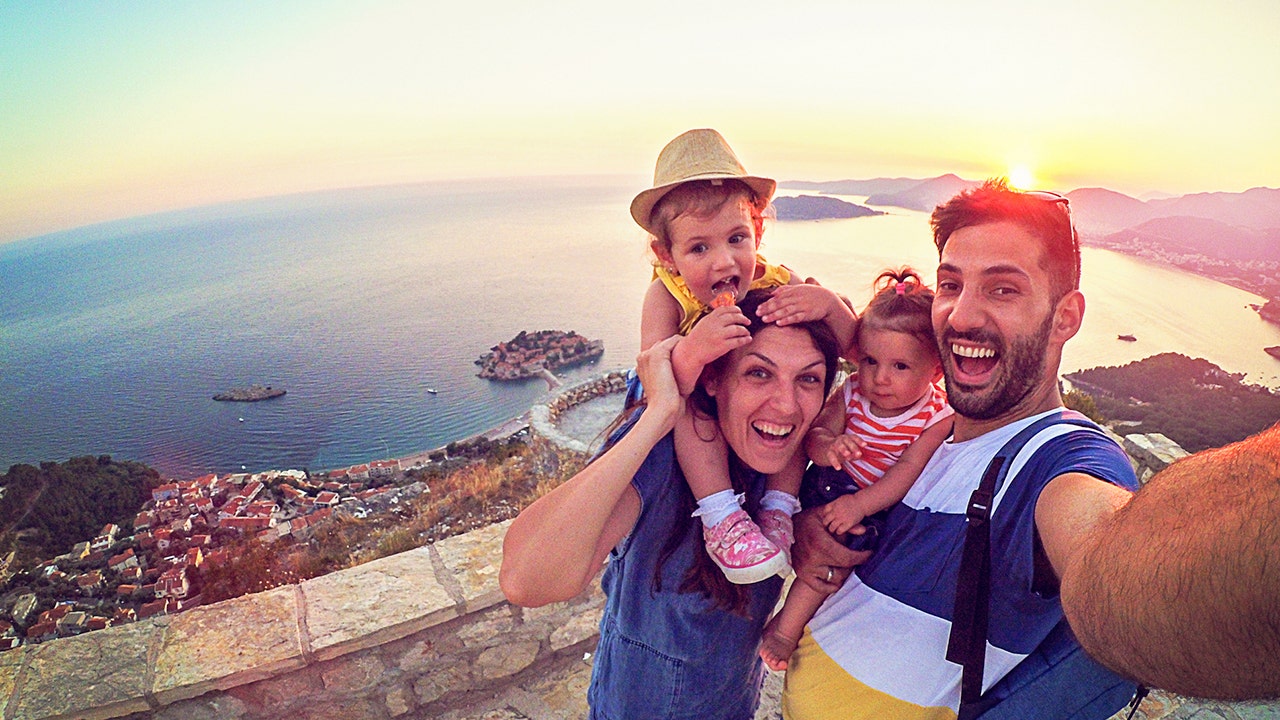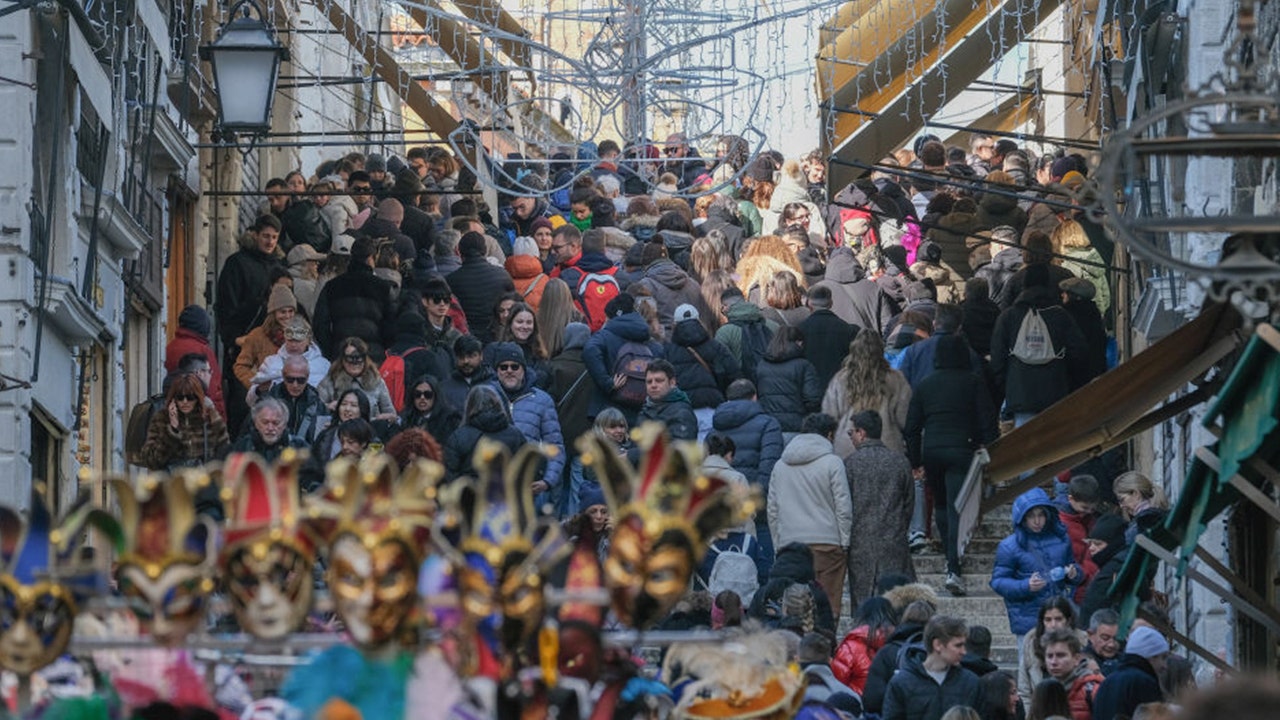FORT MYERS BEACH, Fla. — A tattoo parlor worker in Fort Myers Beach has been arrested in connection with the January 6th Capitol riots, drawing attention to an unsettling truth: even in sunny Florida, dark shadows of past events loom large.
Jeremy Michael Miller, an employee at a local tattoo studio, faces serious charges of assaulting police officers during that infamous day. His arrest on Wednesday has left many in the community questioning how someone they might have interacted with daily became embroiled in such violence.
The FBI successfully tracked Miller down while he was performing his craft, although the name of the tattoo parlor remains undisclosed. It’s a reminder that behind every local business, there are real lives and stories intertwined with broader historical narratives.
Court documents paint a vivid picture of chaos as Miller allegedly grabbed a bike rack, intent on pulling it away from law enforcement. In a moment of frenzied desperation, he reportedly hurled a pole at the officers stationed behind the barricades, showcasing the tumult of emotions and the height of tensions that day.
Prosecutors claim they possess video evidence capturing Miller attempting to wrest a riot shield from an officer, only to disappear back into the crowd as they advanced toward the Capitol building. Such imagery evokes not just the intensity of the moment but also a profound sense of loss—loss of civility, of restraint, and perhaps even a sense of community.
The arrest of Miller marks another addition to the staggering tally of over 1,500 individuals apprehended in the aftermath of the January 6th events. Each arrest is not merely a statistic; it’s a stark reminder of the divides that prompted these actions, calling into question the very fabric of American society.
As Fort Myers Beach continues on with its daily routine, perhaps there will be lingering reflections on how, even amid tattoos and sand, our world can shift in unimaginable ways. Human experiences fluctuate between mundane and extraordinary, and in moments such as these, one cannot help but ponder the choices that bring us to the forefront of history—both for better and for worse.


